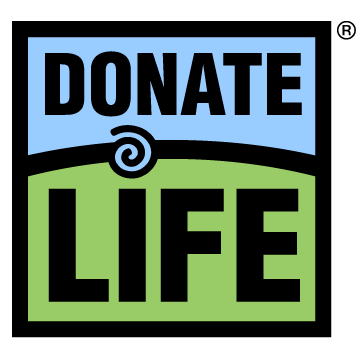Chop Me Up For Spare Parts
 So, here is a pop quiz: are Jews allowed to donate organs? Yes.
So, here is a pop quiz: are Jews allowed to donate organs? Yes.
I ask, because it turns out that many people are wrong on this count. Enough Jews are wrong about it, that Israel has been fighting off a bad reputation in the organ donor community. Frankly, it is simple playground etiquette—unless you are willing to share what is yours, do not expect to play with anyone else’s toys. It seems that even those Jews who refuse to donate their own organs, are willing to accept donations from others. Israel accepts far, far more organs than it donates, and the lack of reciprocity is leading to unpleasant consequences.
This came up when I first entered the conversion process. I guess because we were discussing death rituals and life cycles, and the treatment of a Jewish death. How does one die Jewishly? Timing matters–most Jewish leaders agree that the moment of death is when your brain stem stops functioning. Were you to be kept alive, it would be in a purely vegetative state. Not much good to yourself or others. But there is apparently a small segment of ultra-orthodox Jews who believe that you are only dead once your heart stops beating. But there’s the rub. Organs, to be useful to anyone on this side of the fence, need to be harvested within 12-24 hours of brain death.
So, while live donations are largely un-problematic, it seems that organs harvested from the dead are a slightly stickier question. But really, only in small measure. Across the denominational spectrum, Rabbis have broadly stated that it is a mitzvah to save a life, and have encouraged their congregations to sign off on donor cards. So it is doubly infuriating to come up against this tiny little segment of the religious population that seems to hold such sway in the Jewish imagination. Since when do we allow a small faction of zealots to tell us how to die and how to apportion our bodies once we do? As a woman, I bristle at any man who tells me what to do with my body, even in death.
There is a controversial bit of legislation that has been bouncing around Israeli parliament for while. The law would allow those Jews who sign an organ donor card to move up the list if they are waiting for an organ. It has met some resistance, but seems pretty equitable. The law’s stated intent is to prevent “free riders,” those who take more than they give. I think of this refusal as a kind of hoarding, and of this hoarding as a defense mechanism, a response to a history of desecrated burial grounds and inhuman mass graves. But it is a truncated and two-dimensional approach to the questions of life, death and the significance of human remains. These are the people who hide behind talk of “bodily desecration,” rather than take a more nuanced view of the donation process. It boggles my mind to think that you, a Jew, might not want to save another person’s life. Aren’t you commanded to do so? This is the BIG one, the overriding commandment, the one for which you can break all of the others. And for all of our history of violence, mayhem, and the scabs and wounds that we still nurse after the last century, those rules are what keep us human, and keep us bound as a group.
At the end of the day, I think that we all have an instinctive urge to say no. I just renewed my driver’s license. And that little box really gave me pause—“check yes or no if you want to be an organ donor.” My immediate response was, “what….? I’m not going to die…. Who have you been talking to??” It took a couple of breaths to face the question and remember that these organs are borrowed elements. No amount of clinging will allow me to hold on to this heart, these lungs, or these kidneys. So line up, hopefully it will be a while, but you can have them when I am done taking my turn.



